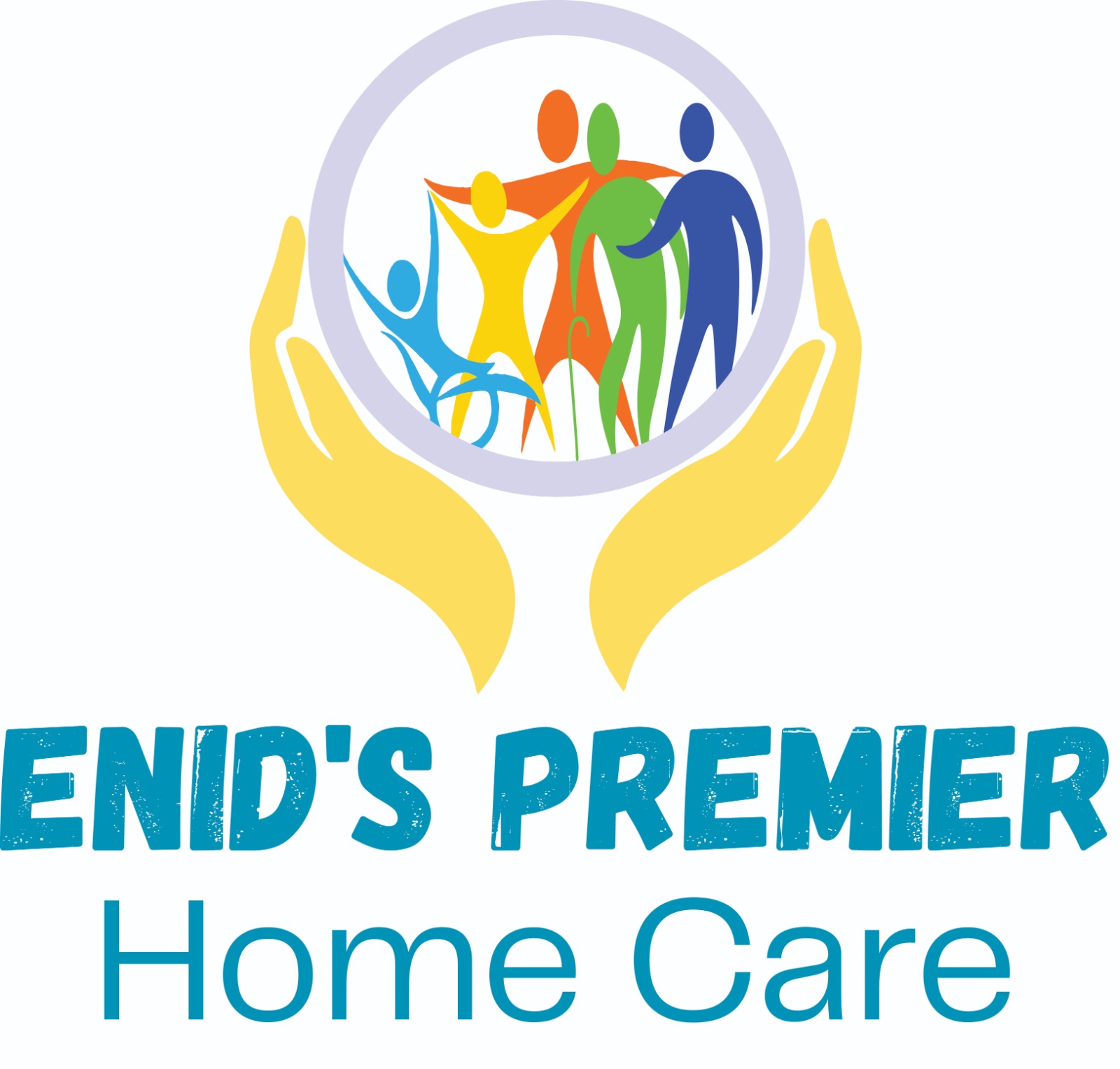Blogs

Written by Elisa E. Douglas, Ph.D., MSPH
As our loved ones get older, it’s natural to worry about their well-being and quality of life. But how do you know when it’s time to consider professional caregiving support? The decision can be difficult, especially when our family members are fiercely independent or reluctant to accept help. However, recognizing the early signs that your loved one may need a caregiver can ensure they get the care and support they deserve while preventing potential health and safety risks.
In this article, we’ll highlight some of the most common indicators that suggest it may be time to explore caregiving options for your loved one.
1. Difficulty with Daily Activities
One of the clearest signs that a loved one may need a caregiver is when they begin to struggle with daily activities such as bathing, dressing, grooming, or using the bathroom. You might notice that they no longer maintain their personal hygiene, wear the same clothes for days, or have trouble getting in and out of the shower or bed. This decline in self-care can be a sign that they require help with personal care to maintain their dignity and well-being.
2. Increased Forgetfulness and Cognitive Decline
It’s normal to occasionally forget things like where the car keys are or a recent appointment. However, if your loved one frequently forgets important dates, misplaces items, gets lost in familiar places, or repeats the same questions, it may indicate a deeper cognitive issue. Forgetfulness can be an early sign of Alzheimer’s or other forms of dementia. A caregiver trained in dementia care can provide the support and structure your loved one needs to manage their condition.
3. Unexplained Weight Loss or Changes in Eating Habits
If your loved one has lost a significant amount of weight or their eating habits have changed drastically, this could indicate that they are not able to cook, grocery shop, or feed themselves properly. Spoiled food in the fridge, empty cabinets, or a reliance on unhealthy snacks may suggest that they are struggling to prepare nutritious meals. A caregiver can assist with meal planning, grocery shopping, and cooking, ensuring your loved one maintains a healthy diet.
4. Decline in Household Maintenance and Cleanliness
A cluttered or dirty home may be a red flag that your loved one is no longer able to keep up with household chores. If you notice dirty dishes piled up, laundry not being done, or accumulating unopened mail, it could be a sign that managing these tasks has become overwhelming for them. A caregiver can offer homemaker services such as light housekeeping and laundry, helping to maintain a safe and comfortable living environment.
5. Increased Isolation or Lack of Social Engagement
Has your loved one stopped participating in activities they once enjoyed? Are they withdrawing from social interactions or avoiding family gatherings? Isolation can lead to feelings of loneliness and depression, significantly affecting one’s mental health. A caregiver can provide companionship, accompany your loved one to social events, or encourage them to engage in hobbies and activities, which can improve their overall well-being.
6. Mobility Issues and Risk of Falls
If your loved one is unsteady on their feet, has difficulty getting up from a seated position, or has experienced a recent fall, it’s crucial to address these mobility issues promptly. The risk of falls increases with age, and they can lead to serious injuries or hospitalizations. A caregiver can assist with mobility, help prevent falls, and provide transportation to ensure your loved one’s safety at home and in the community.
7. Neglecting Medical Care
Missing doctor’s appointments, not taking prescribed medications, or failing to manage chronic health conditions are serious signs that your loved one may need additional support. A caregiver can ensure that medication is taken as prescribed, provide reminders for medical appointments, and accompany your loved one to healthcare visits, acting as an advocate for their health.
8. Sudden Mood Swings or Behavioral Changes
Noticeable changes in mood or behavior, such as increased agitation, confusion, or withdrawal, can be signs of mental health concerns or underlying medical conditions. If your loved one is experiencing these changes, it may be time to consult with a healthcare professional and consider the support of a trained caregiver who can provide stability and reassurance. Contact our agency to learn how we can help.
9. Difficulty Managing Finances or Paying Bills
If your loved one is having trouble managing finances, such as missing bill payments, struggling to balance a checkbook, or becoming susceptible to financial scams, it may indicate a decline in their ability to handle these responsibilities. A caregiver can offer assistance with organizing mail and bills and ensure financial responsibilities are met, helping to protect your loved one’s assets.
10. Caregiver Burnout for Family Members
Lastly, if you or another family member is providing care for a loved one and experiencing burnout, stress, or exhaustion, it may be time to bring in additional support. Taking care of an aging or disabled loved one can be physically and emotionally demanding. Hiring a professional caregiver can provide respite and peace of mind, knowing your loved one is in good hands.
Taking the Next Steps
If you recognize any of these signs in your loved one, it’s important to have an open and compassionate conversation with them about their needs. Involving a professional caregiver, whether for a few hours a day or around-the-clock care, can greatly enhance their quality of life while preserving their independence and dignity.
At Enid’s Premier Home Care, we understand the challenges families face when a loved one needs extra support. Our compassionate and dedicated caregivers are here to provide personalized care that meets your loved one’s unique needs. Contact us today to learn more about our services and how we can support your family.
You can also contact us 24/7 at (713) 239-3756 to request a free in-home consultation.
